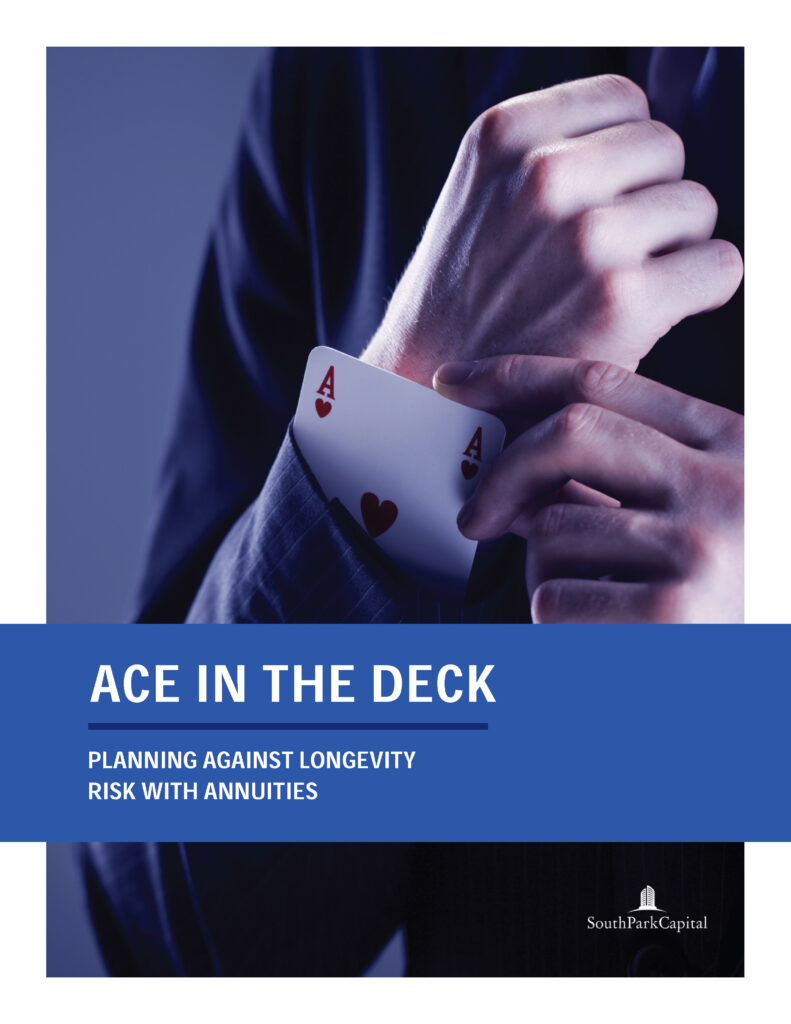An estate plan is like a car; it requires regular maintenance and may need parts replaced as it ages. Some experts recommend reviewing your estate plan every three years, or after a major life event. You may need to update your estate plan to reflect the changes to the tax code, as well as life events like the death or birth of a beneficiary. You also should consider if your beneficiaries are prepared to receive money, or if they still are, even if they were when you originally laid out an estate plan.
One of the changes to the tax code to note this year it that there is no longer federal tax on estates valued between $5.6 million and $11.2 million for singles, and on estates worth up to $22.4 million for married couples. This could mean the opportunity to pass on more of your wealth to your heirs, but with that opportunity comes a responsibility to make sure they are fit to receive your wealth.
The most obvious case of when an heir is not ready to inherit money is if they are a child: Children under 18 years old cannot sign legal contracts, and insurance companies, financial companies, and the court system will not release large sums of money to children in their own names. Without some preparation, the court system can take custody of your child heir’s funds, and there could be little control over how the money is used. This is why it’s important to update your estate plan after the birth of a new heir.
There are of course reasons why children are not given direct access to their inheritance; the part of the brain responsible for decision-making doesn’t fully develop until around age 25. It’s also possible that someone over 18 is not fit to receive a large sum of money if they, for example, have a substance abuse or gambling problem, a disability, or are being sued or going through a divorce.
Setting up a trust can help by appointing a trustee to oversee that the funds are being used properly. A trust can also help to protect the assets from lawsuits, bankruptcies and divorces. If you have reservations about your heir’s ability to handle their own inheritance, including a trust in your estate plan could make sense. Estate planning can be an important part of a retirement plan and setting up a trust can be a significant estate planning step.
You’ve worked hard to earn what you have and should feel confident about the plan for your legacy.






